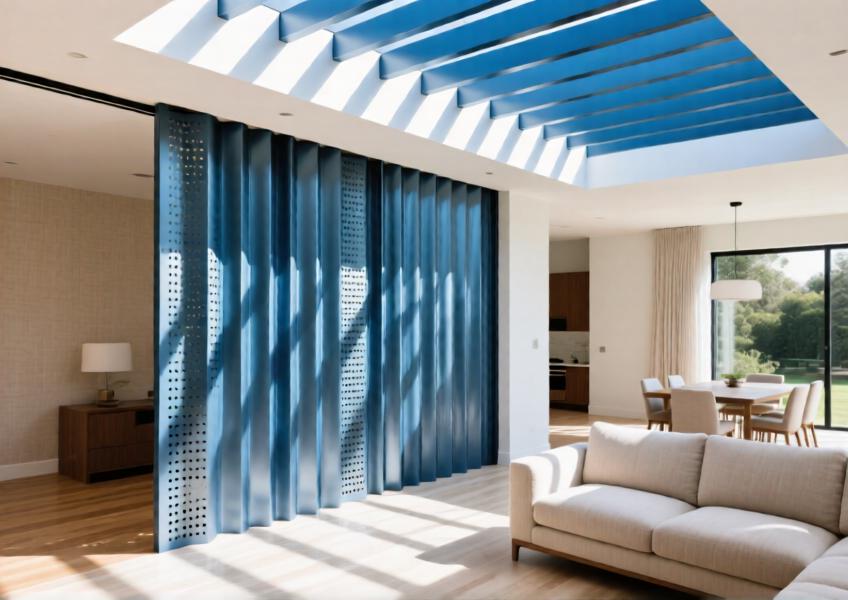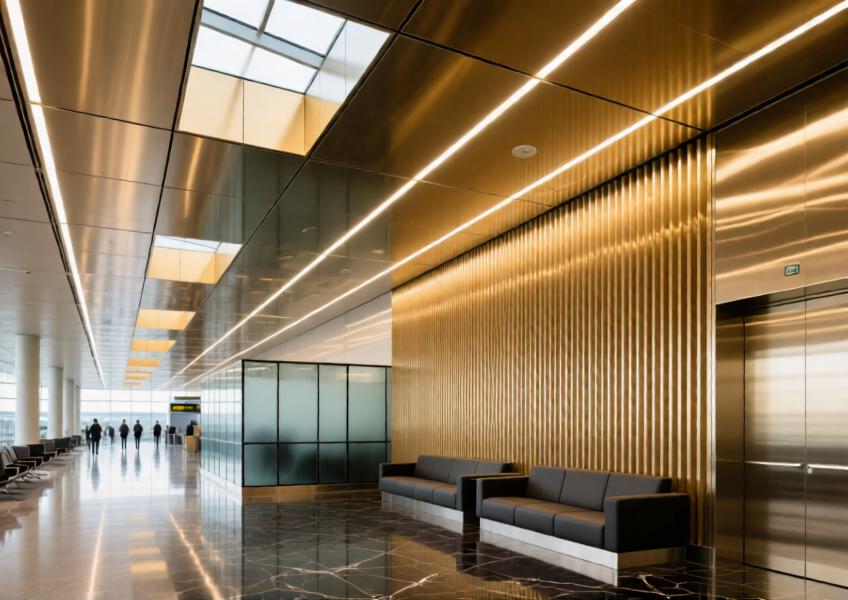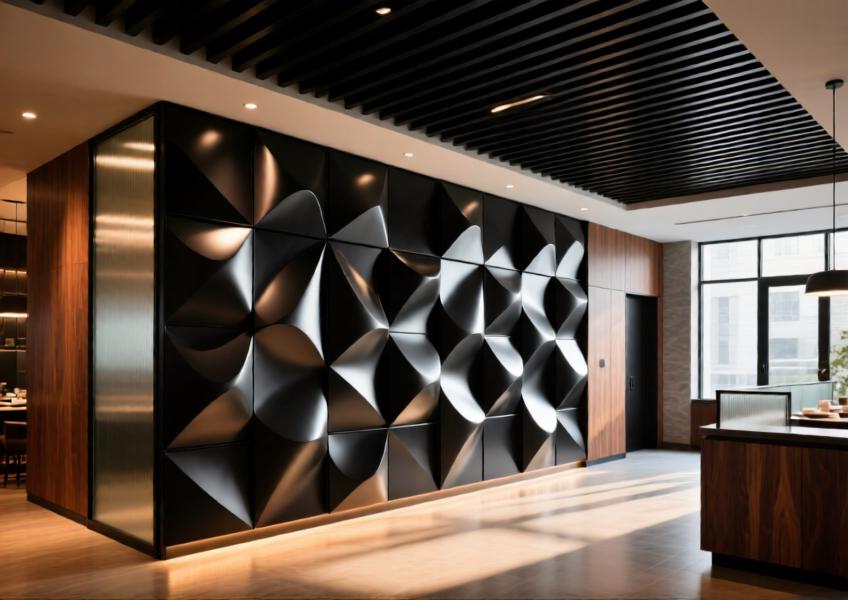

Decorative internal wall cladding has become a cornerstone in modern interior design, offering both aesthetic appeal and functional benefits. Among the most popular materials for this application is aluminum, prized for its versatility, durability, and sleek visual impact. Whether used in commercial spaces, residential interiors, or public buildings, aluminum cladding brings a contemporary edge that complements a wide range of design styles.
Aluminum curtain walls, traditionally associated with exterior façades, are now being reimagined for interior use, especially in open-plan spaces that require visual separation without sacrificing light or openness. These lightweight panels can be anodized, painted, or textured to match any color scheme, allowing architects and designers to create dynamic spatial experiences. For instance, perforated aluminum panels can be used to diffuse light or create intricate patterns on walls, adding depth and movement to a room.

In tandem with curtain wall systems, aluminum ceilings are gaining traction as a design element that enhances spatial continuity. These ceilings can mirror the patterns or finishes of wall claddings, creating a harmonious visual rhythm throughout the interior. Their reflective properties also help amplify natural and artificial lighting, contributing to a brighter, more inviting environment. In high-traffic areas like airports or shopping malls, aluminum ceiling systems offer not only visual elegance but also acoustic performance and ease of maintenance.

Aluminum decorative materials extend beyond flat panels to include 3D wall claddings, louvers, and modular systems that introduce texture and dimensionality. These elements are especially effective in lobbies, conference rooms, or feature walls where a bold design statement is desired. For example, a restaurant might incorporate brushed aluminum cladding with geometric cutouts to create a focal wall that reflects its modern culinary identity.

What makes decorative internal wall cladding particularly appealing is its adaptability. It can be combined with wood, glass, or stone to create hybrid finishes that cater to eclectic tastes. With sustainability becoming a priority, aluminum’s recyclability further enhances its appeal, making it a responsible choice for eco-conscious design projects. As interiors continue to evolve into multifunctional and expressive spaces, aluminum cladding stands out as both a practical and artistic solution.